Here at Athletic Brewing, we want to celebrate every positive decision you make for your lifestyle. We’re not here to guilt you into being sober, and we don’t judge if you love Athletic and you enjoy other beers and beverages. All we want is to raise awareness and help people live the lifestyles they’ve been seeking.
As we wrap up Sober October, we hope that you continue considering you/yourself in your daily decisions and that you keep bringing us along for the ride. So whether you’re looking to cut out alcohol for a day a month, or forever, we’re here for you.
Success in Sobriety
Hailey Hosler was stepping into the unknown when she stepped away from alcohol. She honestly thought that she was giving up everything she loved in life and within the service industry, but it was a decision she knew had to be made.
Hosler grew up in the service industry. As a child, she worked at her family’s coffee shop. They would go to music festivals and sell coffee. As she got older and got more involved with the industry, she started falling in love with the flavor profiles and creativity that comes along with making mixed drinks. Hosler loved making people happy and loved the community that came along with the industry, so she built a life around it.

Hosler opened her own business where she crafted cocktails and served them at events and celebrations. “I really love to make things over the top special for people, so my business specifically was centered around celebrations,” she says. “I loved being a part of that. And I honestly love the creativity.”
But there’s another side to the service industry. “A lot of us in the service industry have learned to bond through drugs and alcohol and that’s our camaraderie, that’s our sort of lifestyle,” says Hosler. “The hours that we’re often working in the service industry really lend themselves to heavy drinking. It’s very normalized.”
So when she started seeing and experiencing the dark side of the service industry more within herself, she knew the decision she had to make.
“I realized that the service industry is a fantastic place to hide an addiction to alcohol.
I chose to get sober.”
The Gray Area
Drinking has always been portrayed as the ultimate way to celebrate, have a good time, unwind from a long day, or reduce stress. On the flip side, abstaining from drinking has always been connected to a negative stigma. Traditionally, if you abstain from drinking alcohol, then it’s assumed that you either have an addiction or that you’re a teetotaler with your nose stuck up in the air, ie, no fun.
For a long time, being sober meant going to the gym instead of meeting up with friends. It meant leaving functions early, or not going at all. It meant hiding your nonalcoholic beer. There was secrecy to being sober.
“I really thought my career was over when I stopped drinking,” says Hosler. “This whole love of the industry and love of the flavors, all the beauty and community that comes with it. I thought I was saying goodbye to all of it. I’m happy to say I was really wrong about having to give all that up and that there’s a place for me in the industry as a sober person.”
There’s a new wave of thinking revolving around temperance. It is, perhaps, a revolution in sobriety.
This new wave of thinking about sobriety came from the 2018 book titled Sober Curious by Ruby Warrington. Being sober curious is the exploration of better well-being and a better life through the removal or reduction of alcohol.
Being sober curious doesn’t mean you have to completely cut out alcohol, either, but rather, it’s a way to mindfully enjoy beverages, whether they’re non-alcoholic or not. It just provides a means to explore your relationship with alcohol and to be more mindful about what you’re putting in your body and when.
With the increase in health and wellness trends, there has been a slew of zero-alcohol bars opening up around the world, as well as more enticing additions to non-alcoholic drink menus. “It’s exciting to just see options. Not so long ago we didn’t have options on menus or opportunities to go out and celebrate in a sober way. Options and acceptance seem to be growing more and more in the industry. I just love seeing people choose to take care of themselves,” says Hosler.
 More and more influencers and celebrities are casting aside booze and proudly promoting their sobriety. They are making sobriety normal and are helping to shift conversations around sobriety. Being sober is no longer something to be embarrassed about and the social expectations for drinking are lessened. More people are questioning the situations in which they may feel obligated to drink rather than just going along with the dominant drinking culture.
More and more influencers and celebrities are casting aside booze and proudly promoting their sobriety. They are making sobriety normal and are helping to shift conversations around sobriety. Being sober is no longer something to be embarrassed about and the social expectations for drinking are lessened. More people are questioning the situations in which they may feel obligated to drink rather than just going along with the dominant drinking culture.
“Honestly, I think I picked the coolest time ever to get sober because the non-alcoholic beverage movement is just major, it’s such a big thing,” Hosler says. “I get so little negative response to my sobriety these days. I go to a lot of bars and restaurants and events, having a nonalcoholic drink in my hand has been a major part.”
End the Stigma
We don’t want to make light of sobriety. For some people, sobriety is a lifesaving decision, and abstaining from alcohol is a lifelong commitment. Sometimes that involves removing any and all temptation, including avoiding most social situations. But what’s great about the sober-curious and gray-area drinking movement is that it opens up the floor to have real conversations revolving around alcohol abuse disorders and addiction. These conversations help normalize sobriety and reduce the stigma.
“I identify as an alcoholic and that is a scary thing to say... I had a huge stigma attached to those words before seeking support,” says Hosler. “I used to think about admitting that to people and that they would think that maybe I would steal, or run away and not come back to work, or maybe ‘I can’t trust her,’ but none of those things have come true.”
George Koob, Director at the US National Institute on Alcohol Abuse and Alcoholism stated in his blog that, “Stigma is a significant barrier in many people’s willingness to seek help for alcohol problems and can affect how they are treated in all aspects of life, including availability and quality of care. Reducing stigma is a step toward addressing these problems.”
Furthermore, there’s a spectrum to alcohol misuse. The US National Institute on Alcohol Abuse and Alcoholism has created guidelines that help describe this spectrum. Where someone falls on this spectrum may determine when, where, or even if they can be around alcohol.
“I’m completely comfortable in an environment where people are drinking casually,” says Hosler. “And I know there are those of us who struggle with drinking and it doesn’t make sense for it to be a part of our lives at all, and there are those who explore drinking less or moderate drinking.”

It’s no secret that there was an uptick in alcohol consumption due to the pandemic. According to the American Psychological Association, 23 percent of adults reported drinking more alcohol to cope with the stress during the pandemic. In an effort to save suffering economies, many states relaxed their alcohol laws, making the acquisition of alcohol easier with delivery options and to-go containers, and keeping liquor stores open as essential services.
This just goes to show that alcohol misuse is more common than we think. Whether you’re sober curious, completely sober, or looking to explore sobriety, it’s important to keep conversations open and non judgmental. Reduce the stigma so that those who might have a problem with alcohol can stop internalizing it and lessen the feeling of shame or guilt that may come along with alcohol misuse.
Check out our interview with Hailey Hosler over on the Without Compromise Podcast with Mason Gravley!
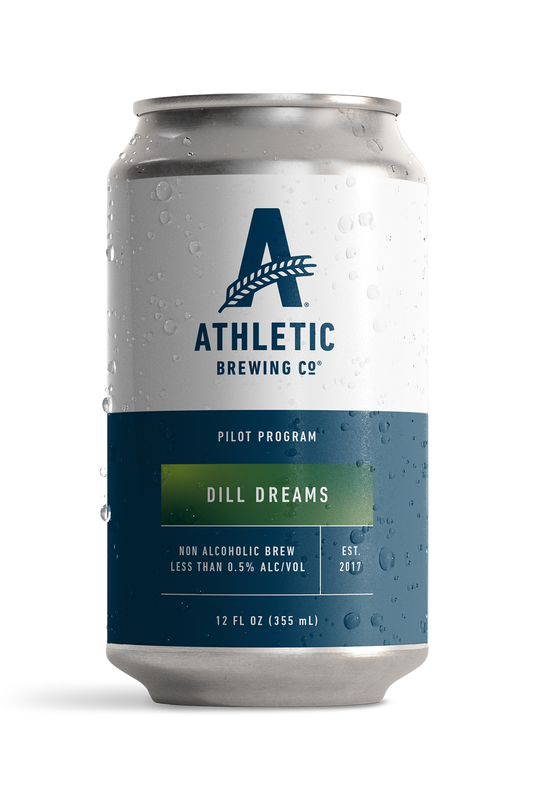

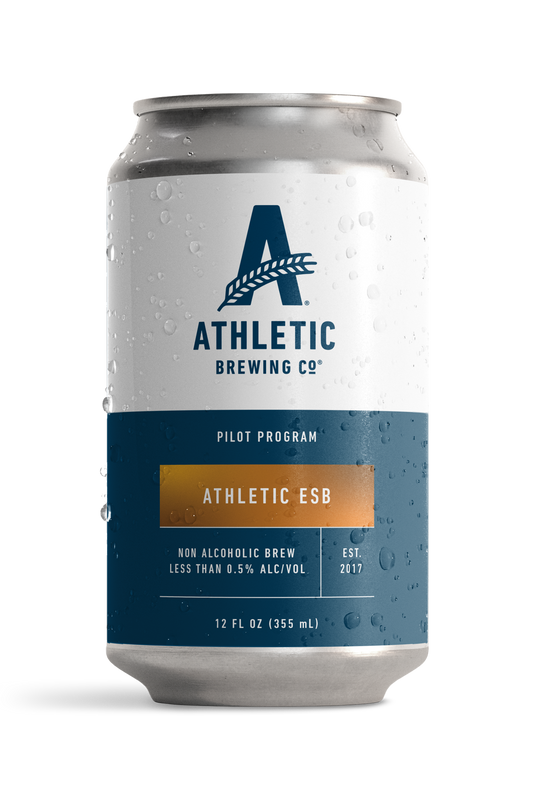
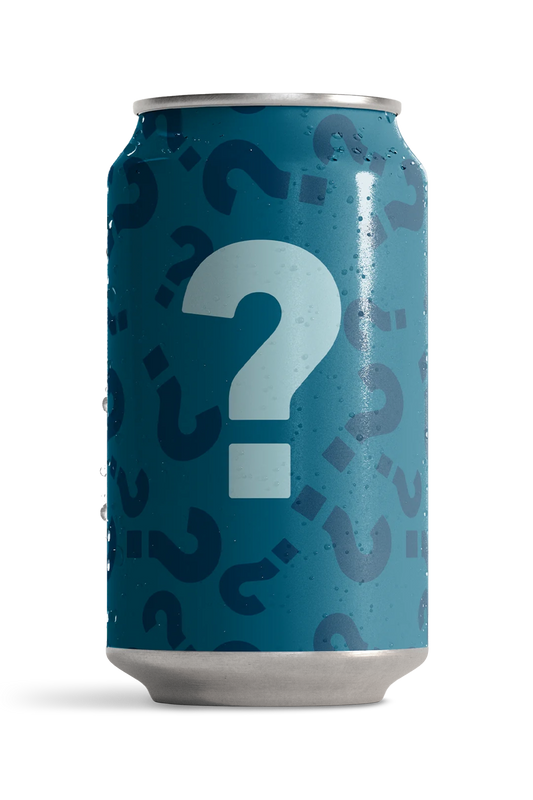
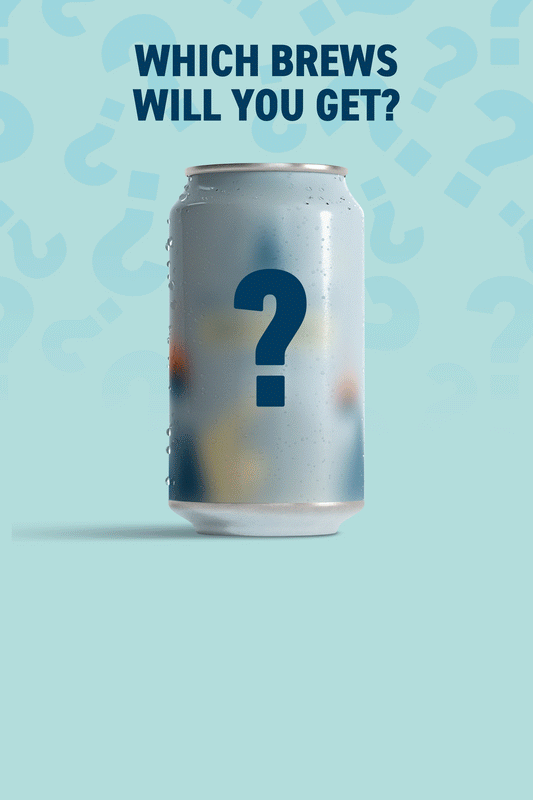
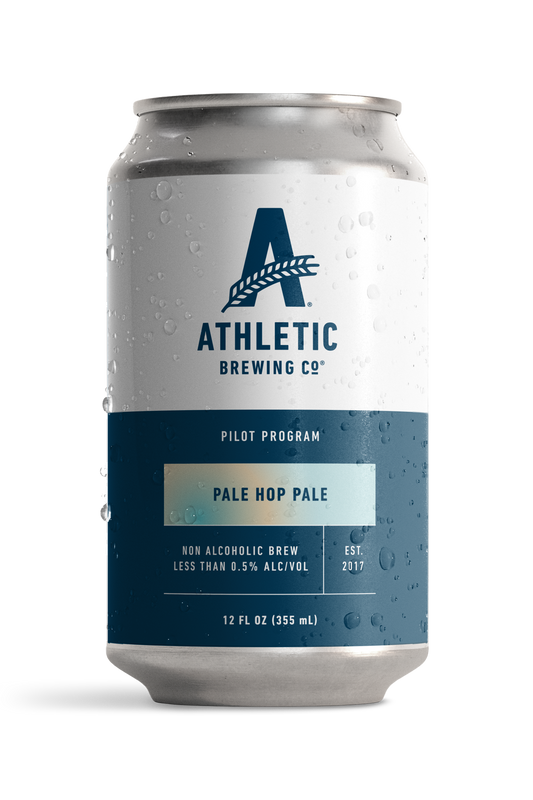
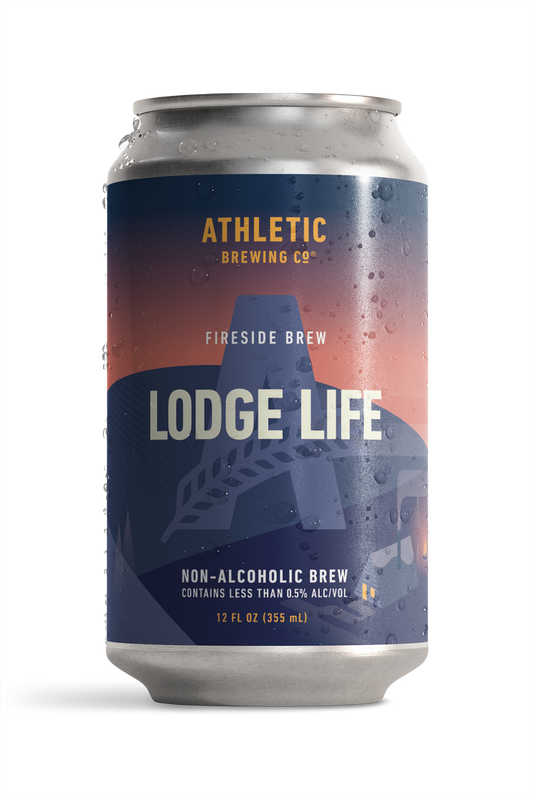
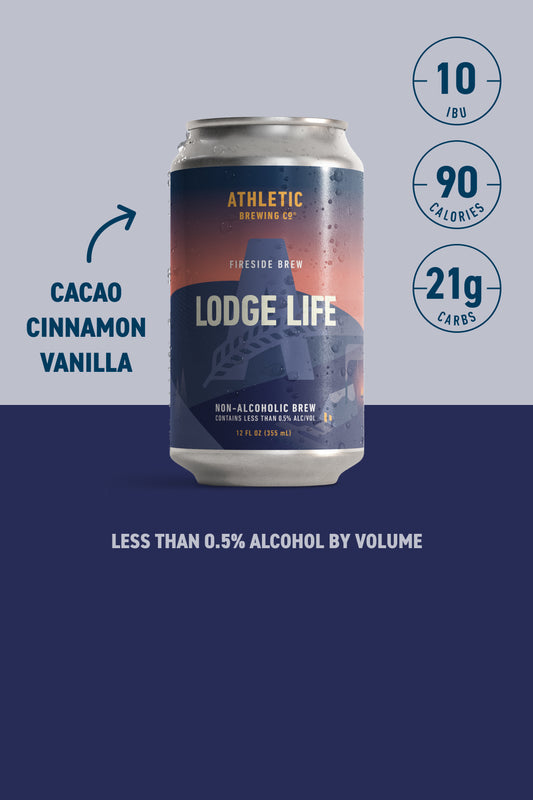
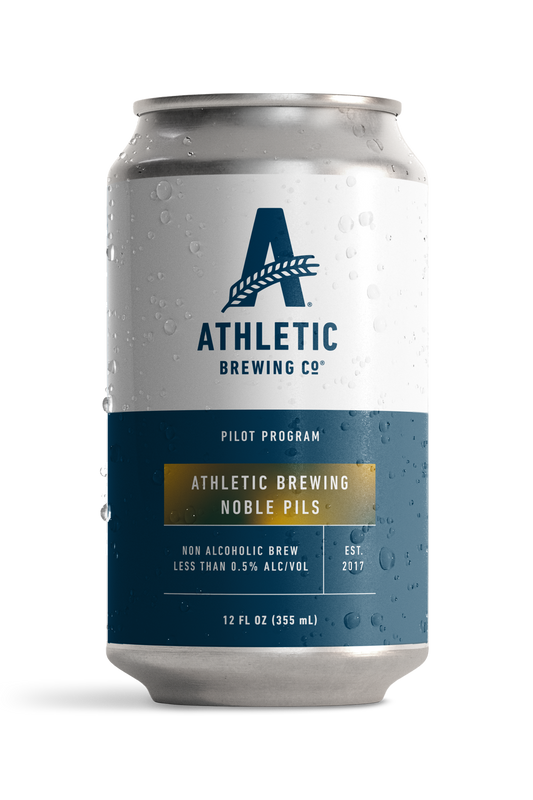

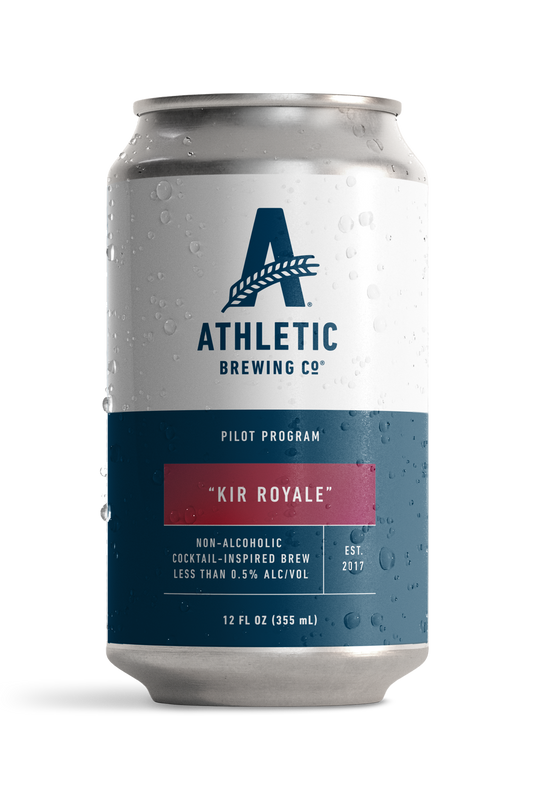

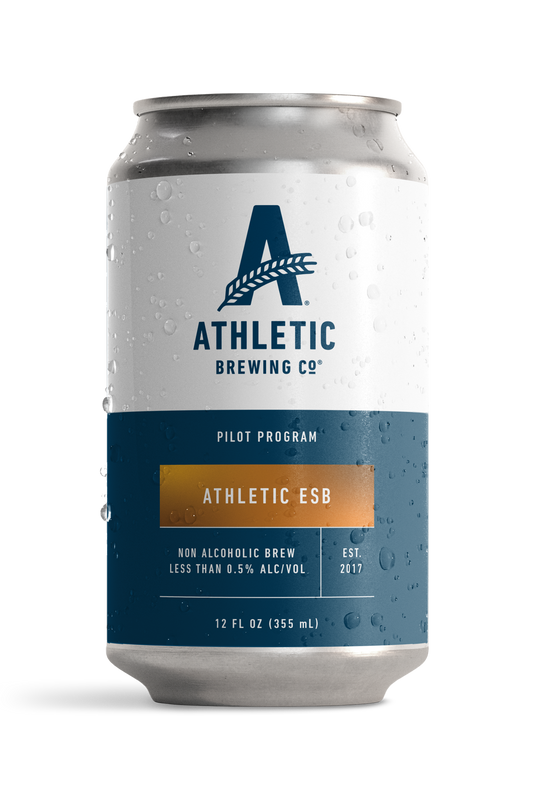
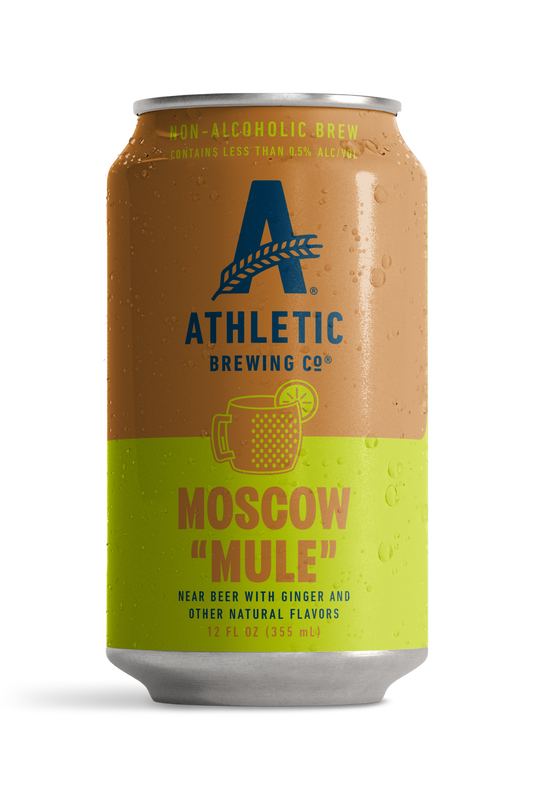
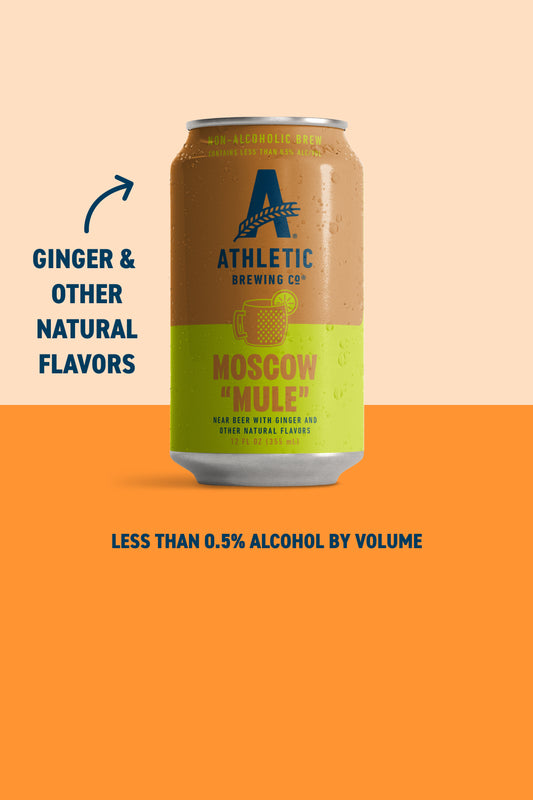
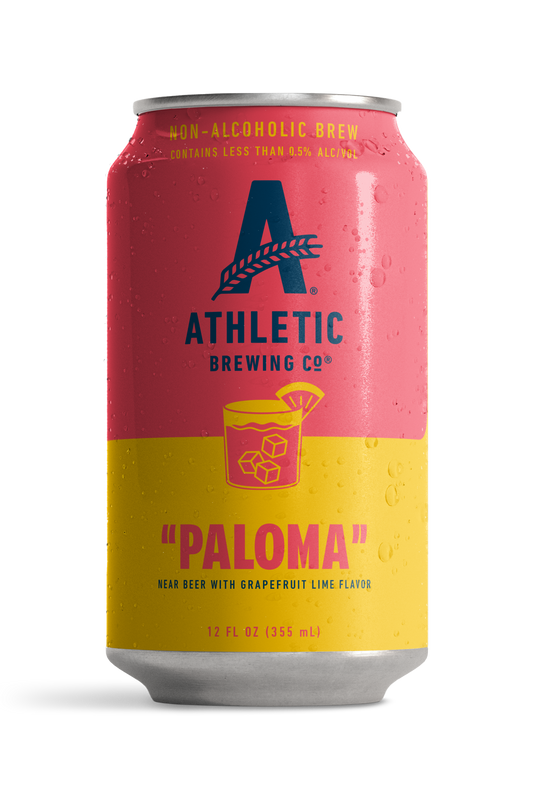
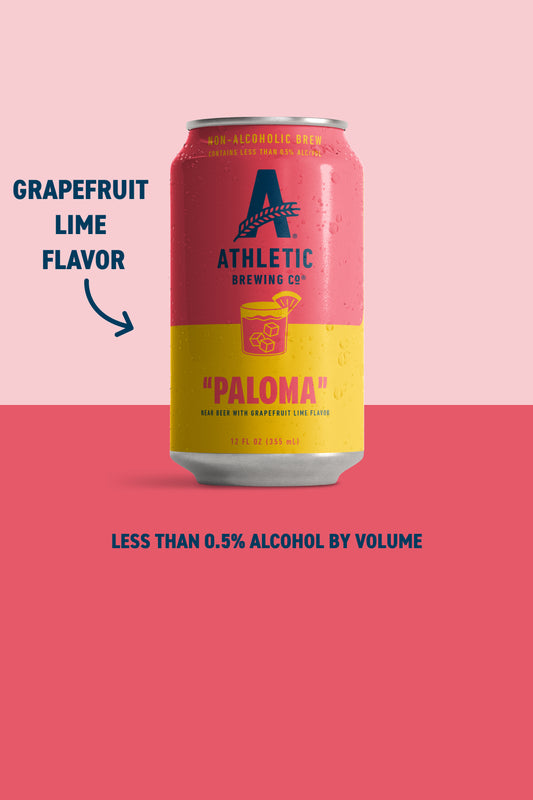
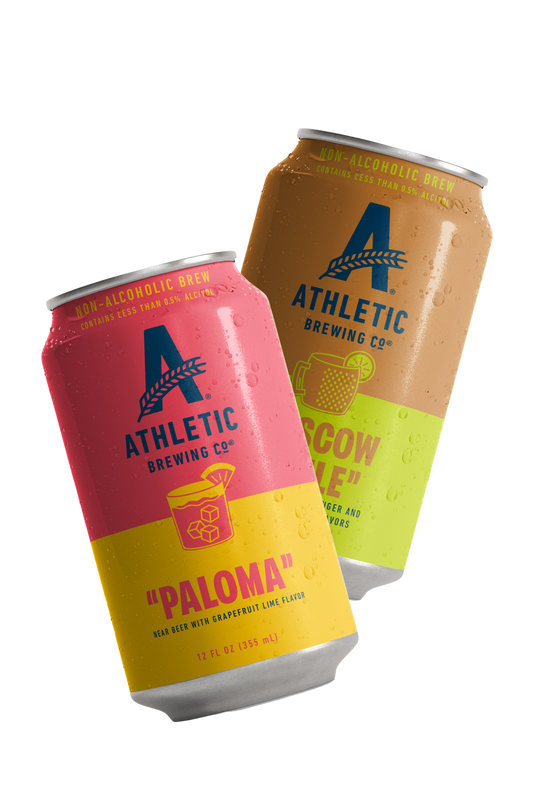
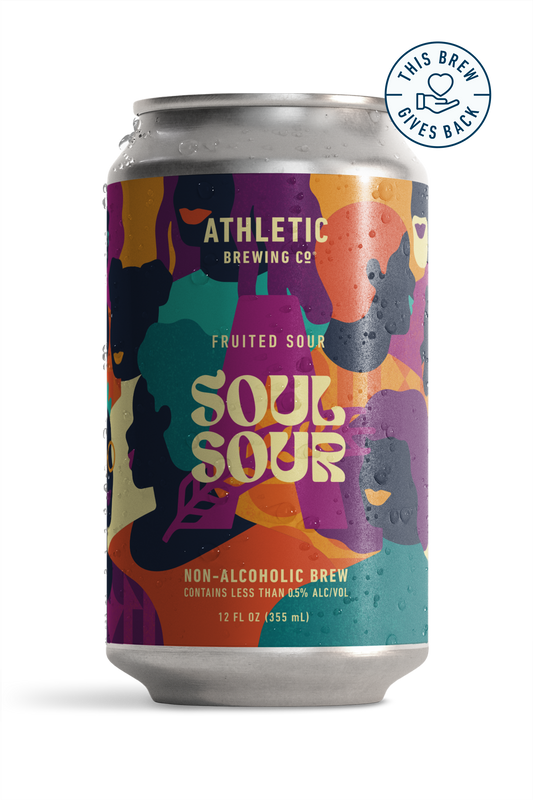
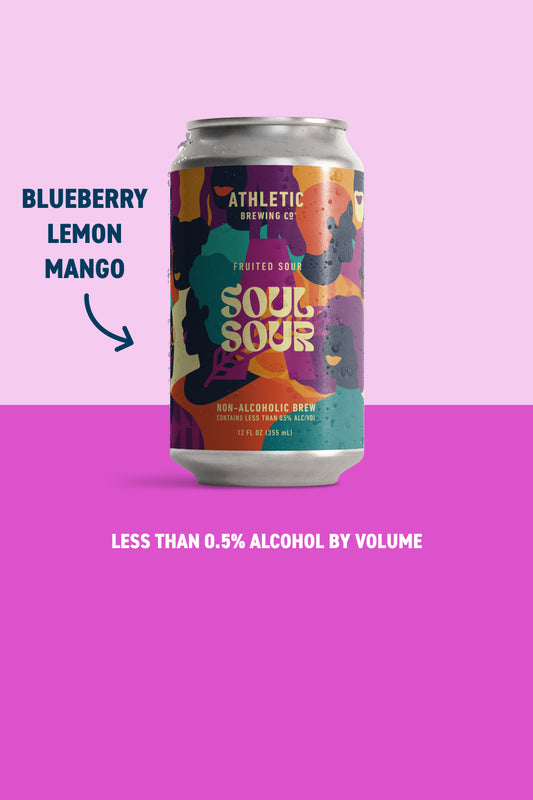









 Your Privacy Choices
Your Privacy Choices







